Search
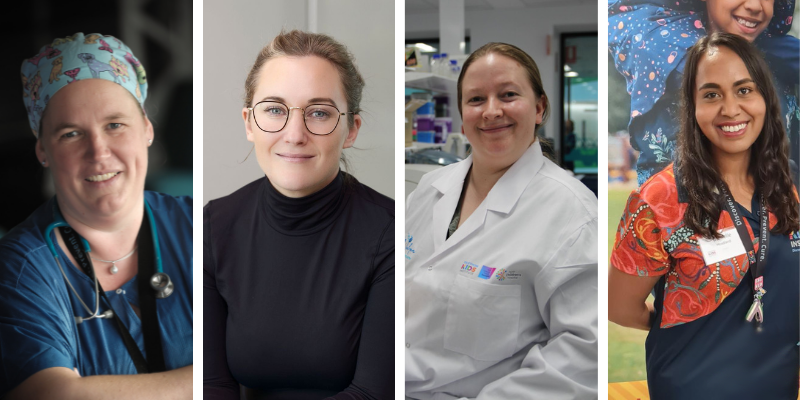
News & Events
The Kids researchers named as finalists in 2021 Premier’s Science AwardsFour The Kids Research Institute Australia researchers – working across diverse fields including paediatric anaesthesia, bioinformatics, ear health, and the health impacts of biodiesel exhaust – have been named as finalists in the 2021 Premier’s Science Awards.
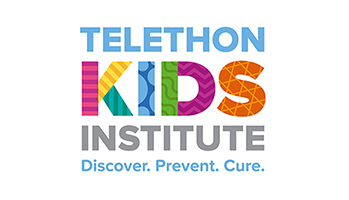
News & Events
The Kids Research Institute Australia welcomes reunion of Murugappan family in PerthThe Kids Research Institute Australia has welcomed the announcement that the Murugappan family will be moved into community detention in Perth.

News & Events
Education “word gap” emerges at 18 months of age in Australian familiesUniversity-educated parents in Australia speak more words to their children on average than parents with only a high-school education, with the gap emerging at around 18 months of age.
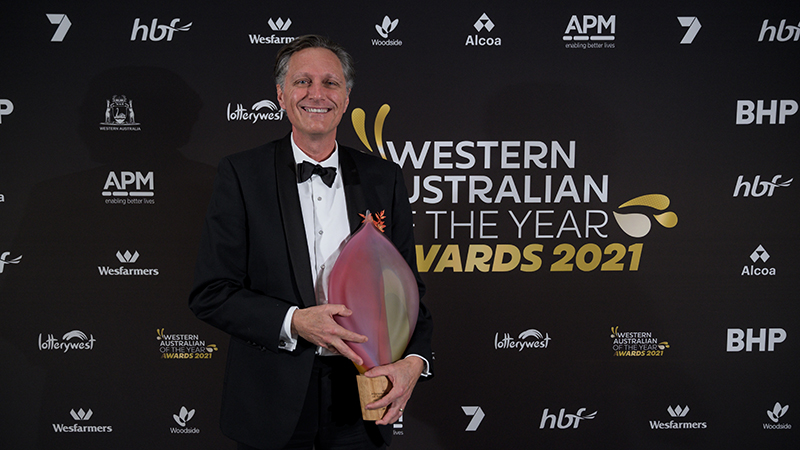
News & Events
Professor Jonathan Carapetis honoured at 2021 Western Australian of the Year AwardsCongratulations to The Kids Research Institute Australia Director Professor Jonathan Carapetis AM, who last night won the Professions Award at the 2021 Western Australian of the Year Awards.
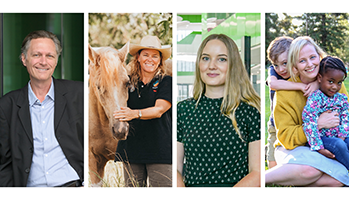
News & Events
Four The Kids researchers in running for West Australian of the Year AwardsFour outstanding The Kids Research Institute Australia researchers, including Institute Director, Professor Jonathan Carapetis AM, have been named finalists in the 2021 Western Australian of the Year Awards.
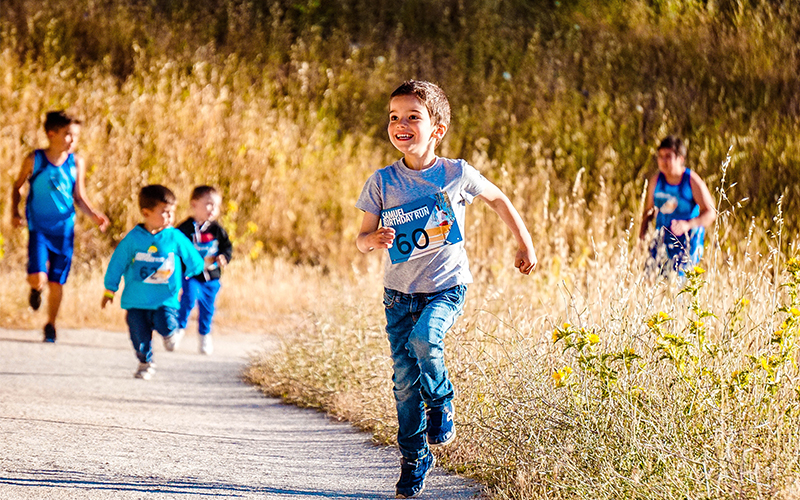
News & Events
Families flock outdoors to find COVID silver liningA The Kids Research Institute Australia study which looked at how Western Australian families coped with COVID-19 restrictions has shown many parents managed to find the silver lining in WA’s lockdown last year.

News & Events
Population data could be key to controlling a future COVID outbreak in WAPerth researchers will use population data to help boost WA’s defences in the fight against COVID-19, developing modelling to build a clearer picture of how the virus could spread through high-risk populations.
News & Events
Back to school: How to pack a healthy lunchbox to keep your child fuelled up for learning and playPlenty of parents will tell you the daily lunchbox dilemma is one thing they did not miss during the summer holidays.
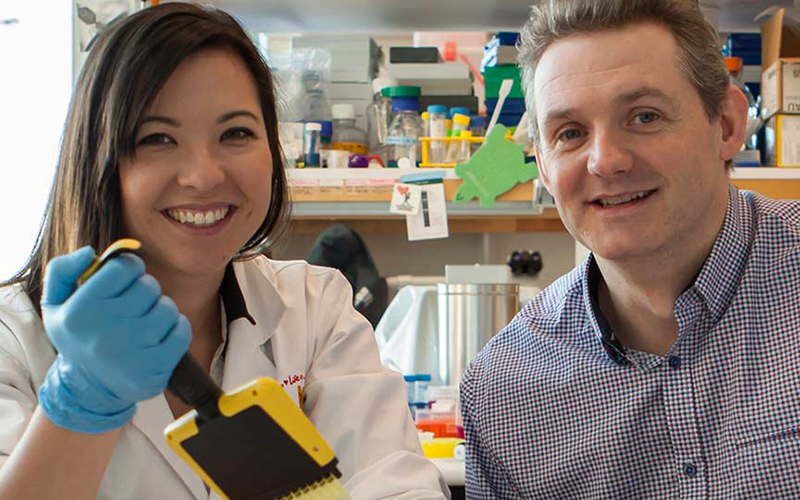
News & Events
Landmark research hopes to increase survival rates for aggressive childhood cancerA new combination of drugs could help to increase survival rates with fewer side effects for some children with one of the most aggressive forms of childhood brain cancer.
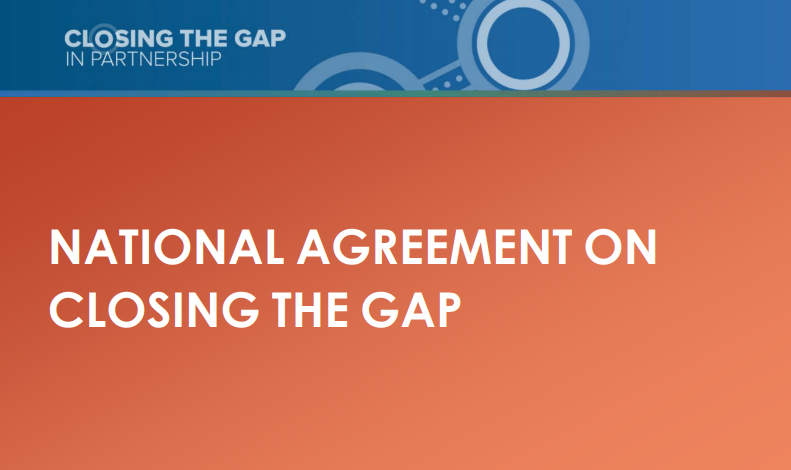
News & Events
The Kids welcomes new Closing the Gap targetsThe Kids Research Institute Australia has welcomed the announcement of a new National Agreement on Closing the Gap.
